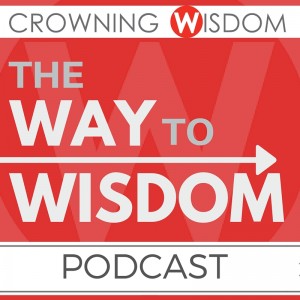 We were “bosom buddies.” She and I attended church together and school as well. My mother tells stories of how we met in the crib in the nursery at church. Every special childhood memory of mine has her somewhere involved in it. We were the kind of friends that completed each other’s thoughts and stuck together, right, wrong, or indifferent. Together, we attended summer camps, Awana programs, family vacations, and tried to convince complete strangers that we were actually twins, in spite of our obvious dissimilarities. We accepted each other completely, and faithfully defended one another in adversity.
We were “bosom buddies.” She and I attended church together and school as well. My mother tells stories of how we met in the crib in the nursery at church. Every special childhood memory of mine has her somewhere involved in it. We were the kind of friends that completed each other’s thoughts and stuck together, right, wrong, or indifferent. Together, we attended summer camps, Awana programs, family vacations, and tried to convince complete strangers that we were actually twins, in spite of our obvious dissimilarities. We accepted each other completely, and faithfully defended one another in adversity.
But there was one fight. A BIG one.
It wasn’t big because of what it was over, it was big because it created a massive rift unlike any I had ever experienced before. I no longer called her about the mundane details of my day, we didn’t speak to one another at church, in fact, we began to avoid one another. When anyone mentioned her to me, I became angry and defensive. I don’t even remember what this fight was about, but I remember the separation from my dear friend, felt like an earthquake fissure– ripping apart what had once been solid ground.
We didn’t speak for weeks. And they were LONG weeks.
I learned a LOT about friendship that summer.
My mother recognized my misery and told me that if I wanted my friend back, I would have to swallow my pride and simply apologize. I had to take responsibility for my hurtful actions whether intended or not, whether they started the conflict or simply deepened the rift.
She urged me to consider the cost of losing this friend forever versus regaining what had been lost and the blessings to come. I am grateful for her wisdom.
After our annual piano recital that summer, in which we both performed, I approached her to apologize. It was the most humbling and difficult thing I remember doing as a child. I had to admit that I had been wrong and wanted to reconcile.
She was quick to forgive, apologizing as well, and expressing her own misery at our separation. I don’t even remember who was at fault or who had started it. But I decided to try and end it. And we were both so thankful.
We celebrated immediately as our two families went out for ice cream to commemorate a momentous lesson learned in repentance, forgiveness, and reconciliation.
“Pride only breeds quarrels, but wisdom is found in those who take advice.” Proverbs 13:10
As I consider other conflicts I have faced over the years, there is one common denominator…pride. And I’m not talking about a healthy self-esteem.
I’m talking about that ugly part of us that secretly inflates our own worth, talent, importance, and interests.
Pride is caring more about being “right,” than making things right.
Pride is caring more about ME than WE.
Pride is caring more about assigning fault than sharing fault.
We can choose to ignore the pride that wreaks havoc on our lives and produces quarrels and conflicts, or we can choose to accept the wise advice from another and repair whatever might be damaging our relationships.
Pride breeds conflict, humility breeds unity.
Today, we are still friends, and share the most amazing memories, inside jokes, and can still finish one another’s sentences. We pick up exactly where we last left off whether it was 2 days, months, or years ago. It doesn’t matter. Because our ground is once again solid. Sure, there have been other fissures over the years, but none as great. Because we now know where the fault lies.
Pride breeds conflict, humility breeds unity.




Great blog. So true.